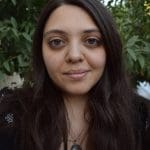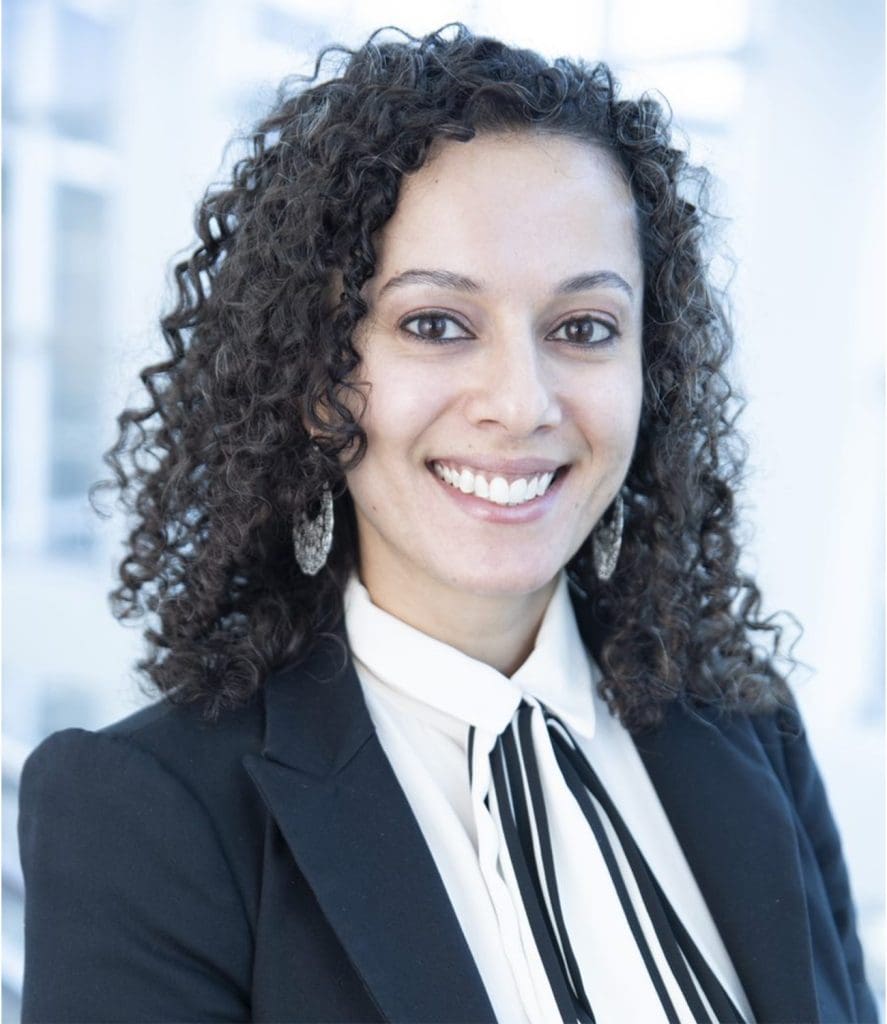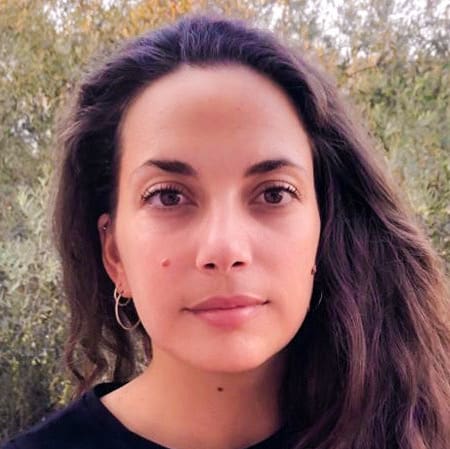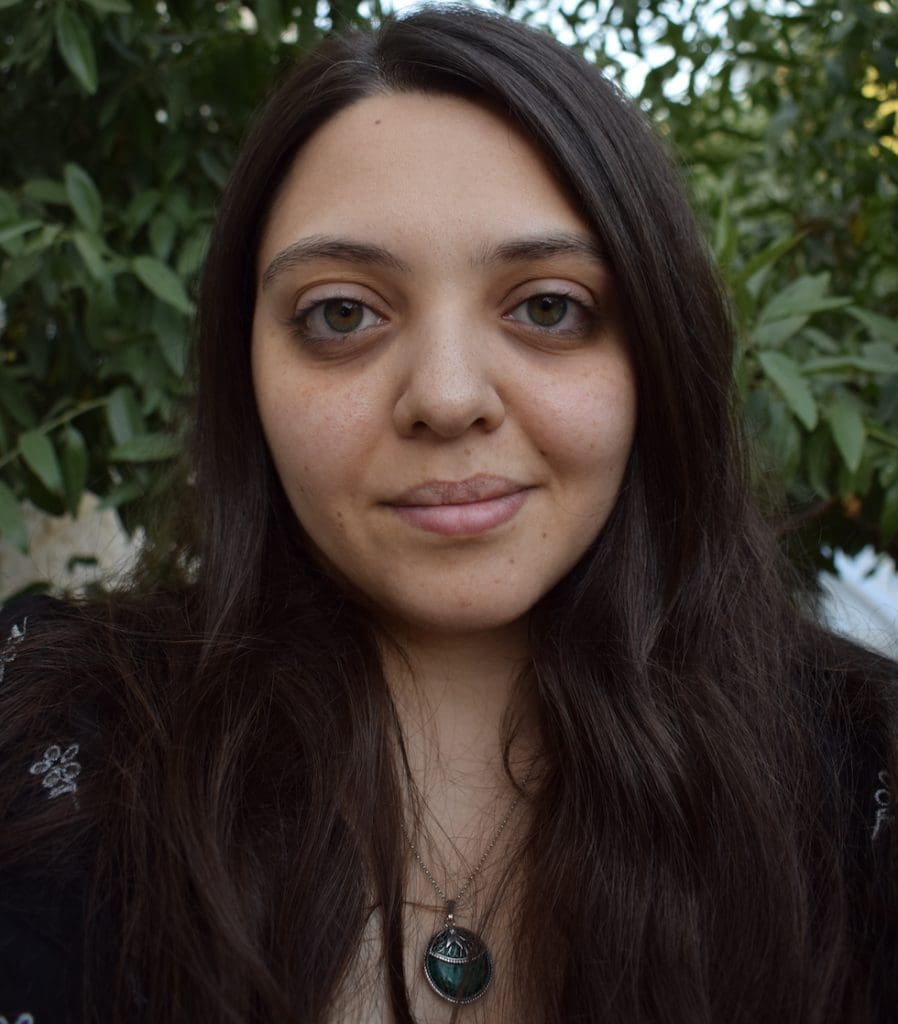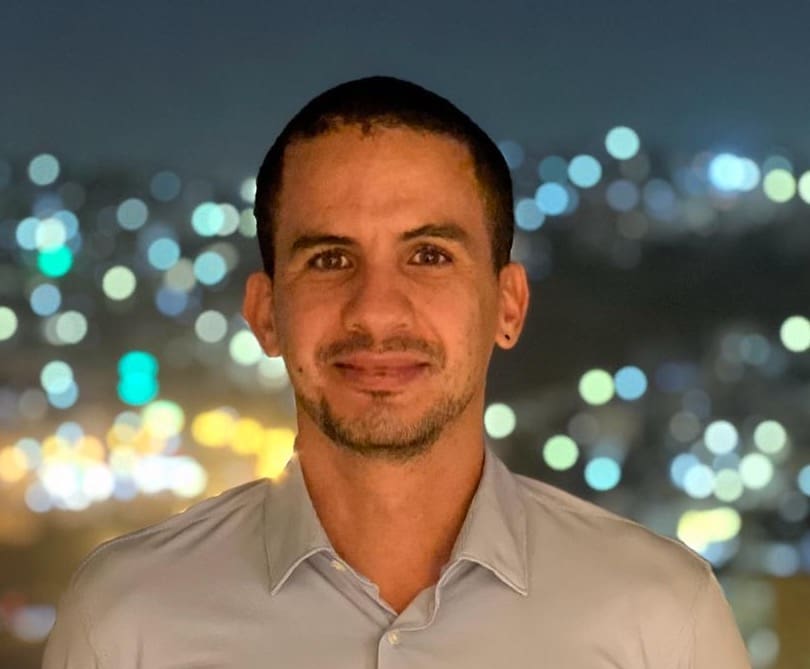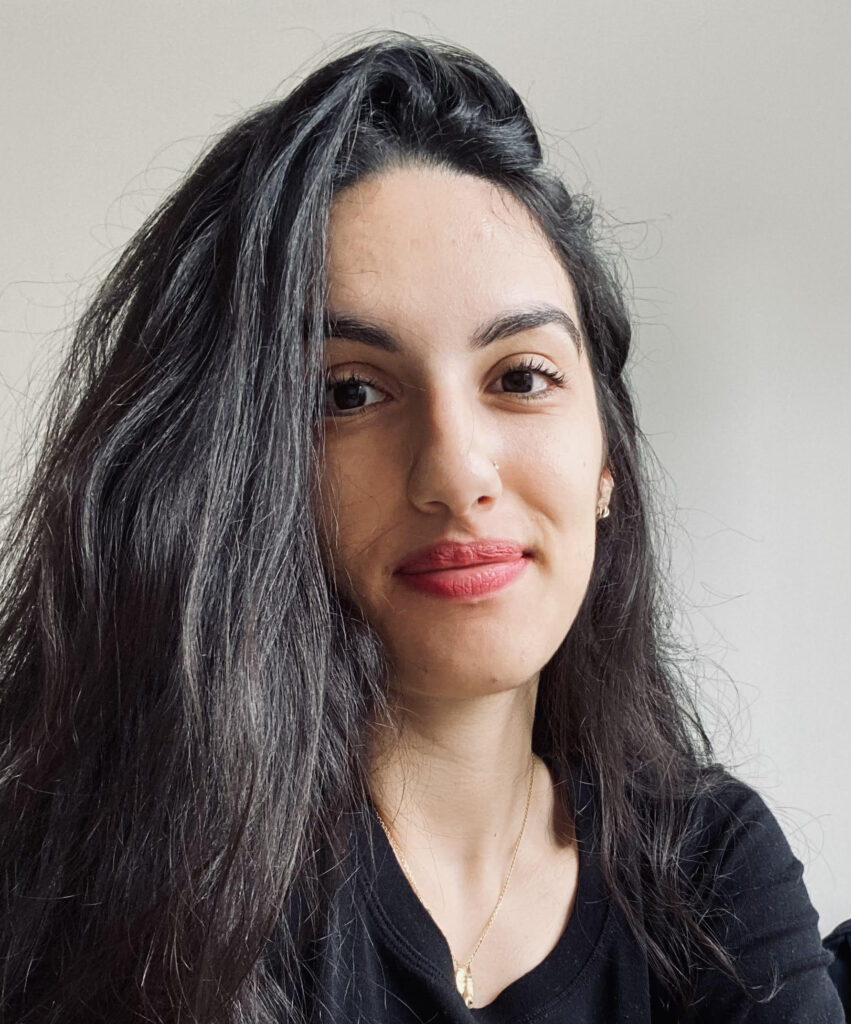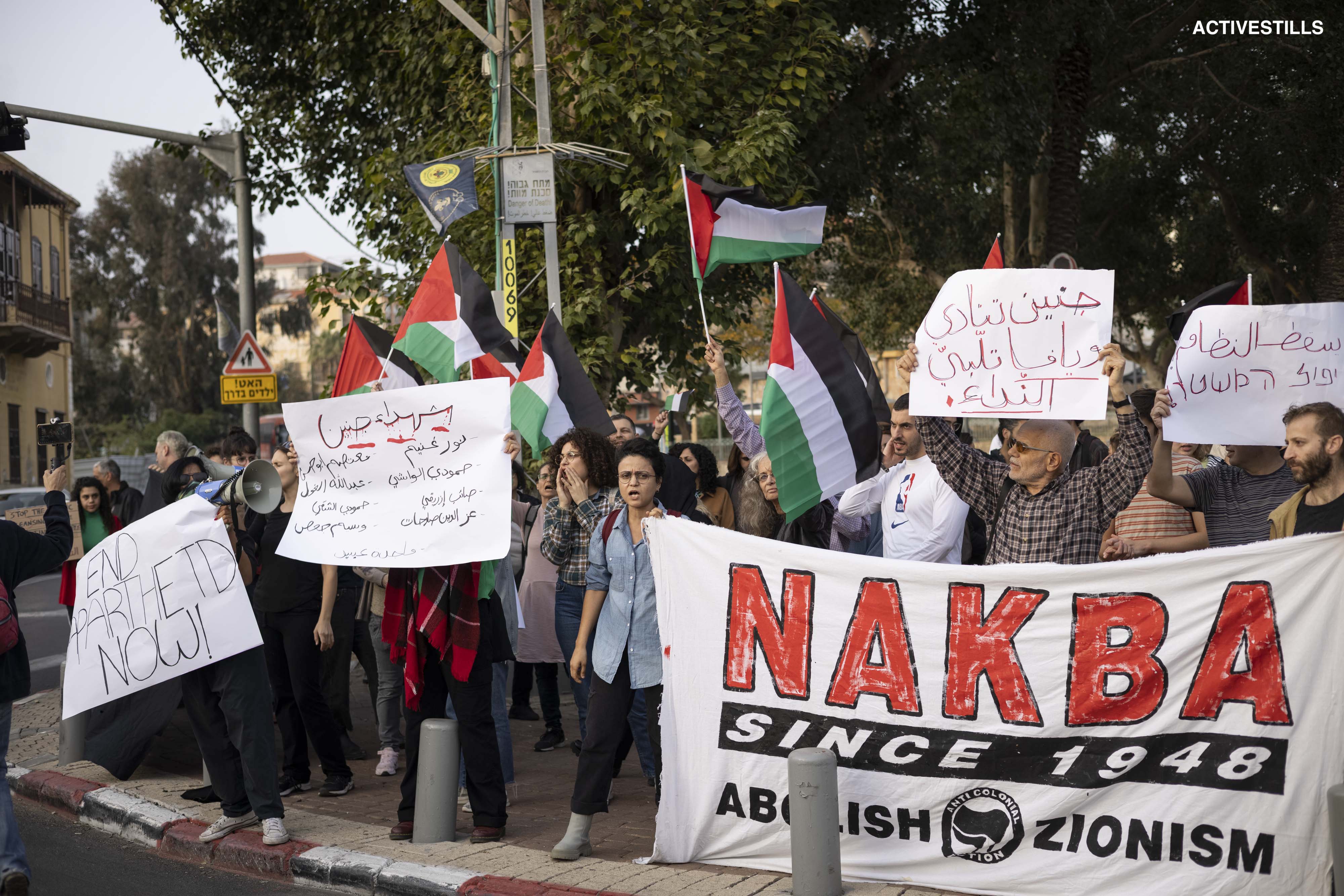
A sovereign Palestinian state is today perhaps further from reality than ever before. Indeed, with the demise of the so-called two-state solution and the entrenchment of Israeli settler colonialism and apartheid across Palestine, the possibility of a Palestinian nation-state is arguably defunct. What does a Palestinian political future beyond partition look like? What would this entail for Palestinians within colonized Palestine and across the diaspora? Given their forced fragmentation, how might Palestinians forge collective visions for their political future?
In this Focus On, Al-Shabaka’s policy analysts imagine Palestinian political futures within the context of historical and ongoing realities. Among other topics, they revisit the history of popular committees and consensus-building efforts during the First Intifada to show how local Palestinian governance might be strengthened, and how we might rethink the meaning of self-determination from the grassroots. They consider how various aspects of Palestinian society, including health, education, and policing, could be transformed to help sustain a new political vision for liberation, and revive popular engagement in colonized Palestine and beyond. And they examine the different means through which Palestinians can utilize international legal avenues to strategize an effective anti-apartheid movement.
One State, Two States, and Beyond
Palestine Beyond Partition and the Nation-State
Leila Farsakh
How might we rethink the idea of Palestinian self-determination outside of the frameworks of nation-statehood and territorial sovereignty? In this interview, policy analyst Leila Farsakh argues that Palestinians should relinquish the partition paradigm and advocate for a one-state future on the basis of equal citizenship. Read more…
Beyond Failed Frameworks: A Re-Imagined Collective Future
Yara Hawari
Given the failure of the two-state solution, how have Palestinians crafted new collective strategies to achieve liberation? Senior Analyst Yara Hawari examines past efforts by Palestinians to push beyond the boundaries of partition, and points to consensus-building as the first step in the path towards a just political future. Read more…
Radical Futures: When Palestinians Imagine
Yara Hawari
To imagine a future beyond Israeli settler colonialism – which works to create “facts on the ground” and normalize Palestinian dispossession – is an inherently radical act. Senior Analyst Yara Hawari shows how Palestinians have begun this difficult but necessary work. Read more…
Palestine Post-Oslo: Moving to a Just Future
Amal Ahmad, Sam Bahour
On the 25th anniversary of the Oslo Accords, policy analysts Amal Ahmad and Sam Bahour join Al-Shabaka honorary president Nadia Hijab to discuss how the agreement has affected the Palestinian national project, and to offer their visions for new political futures. Read more…
Palestinian Succession: Crisis or Opportunity?
Leila Farsakh, Ahmad Khalidi
With the two-state solution increasingly obsolete, policy analysts Leila Farsakh and Ahmad Khalidi discuss the realities of succession in Palestinian leadership in the context of the fast-changing Palestinian street. What opportunities do Palestinians have in forging a political future outside of their corrupt leadership? Read more…
Beyond the Binary: Two States, One State, Failed State, No State
Amal Ahmad
While many have abandoned the quest for a sovereign Palestinian state, policy analyst Amal Ahmad contends that other political configurations are much more likely than a single, democratic state across colonized Palestine, particularly in the near future. Read more…
Alternative Forms of Political and Social Organizing
The Case for Palestinian Nationality
Nadim Bawalsa
In this policy brief, Nadim Bawalsa examines the historical and legal foundations of Palestinian nationality. He argues that Palestinians and their representatives across the diaspora must come together and stake claims to their rights to Palestinian nationality as a way to safeguard their legal connections to Palestine. Read more…
Defying Fragmentation and the Significance of Unity: A New Palestinian Uprising
Yara Hawari
The 2021 Unity Intifada reaffirmed that Palestinians everywhere share a common struggle. Despite the failures of the Palestinian leadership, as Senior Analyst Yara Hawari shows, Palestinians still possess an enormous potential for widespread grassroots political mobilization. Read more…
Reimagining Liberation through the Popular Committees
Layth Hanbali
In this policy brief, policy analyst Layth Hanbali investigates the history of popular committees in the West Bank and Gaza during the 1970s and 1980s. He shows how they can offer a model to reinvigorate local governance and build a new, popular political movement from the grassroots. Read more…
Community Accountability in Palestine: An Alternative to Policing
Yara Hawari
Any vision for Palestinian political liberation must address the reality of violent policing and mass incarceration that Palestinians face across colonized Palestine. Senior Analyst Yara Hawari explores the concept of community accountability as a way to promote reconciliation and counter social fragmentation within Palestinian society. Read more…
A Vision for Liberation: Palestinian-led Development in Health and Education
Yara Asi
How can the Palestinian health and education sectors be transformed to align with and advance political visions for Palestinian liberation? Policy analyst Yara Asi offers her recommendations, based on interviews with a diverse group of Palestinians across colonized Palestine and the diaspora. Read more…
International Law and the Palestinian Anti-Apartheid Movement
Rania Muhareb
How can Palestinians employ international law to lay the foundations of an effective anti-apartheid movement outside of their leadership? Policy analyst Rania Muhareb offers recommendations for how Palestinians and their allies should harness international laws to strategize a political anti-apartheid movement. Read more…












